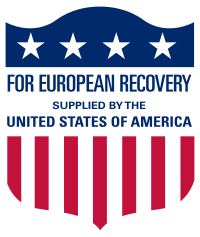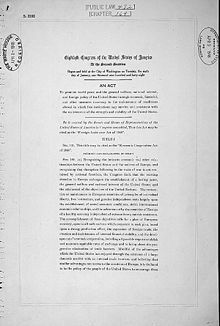Of course the proximate issue is whether the prospective deal with Iran is ‘another Munich’.
Now I’ll leave aside some minor contemporary details like the fact that as a signatory of the Nuclear Non-Proliferation Treaty Iran is perfectly within its rights to develop nuclear power for peaceful purposes in any way they see fit, and that Ayatollah Khameini “has also issued a fatwa saying the production, stockpiling and use of nuclear weapons is forbidden under Islam.”, and that Pakistan (Sunni) is a non-participant that openly has nuclear weapons and Israel (another non-participant) almost certainly has them but will not admit it, or that Saudi Arabia (participant) has stated that they will purchase them if they deem it desirable.
Let us think instead about Munich.
The logic (in so far as it can be called logic and not simply Islamophobic bigotry or resentment that a popular revolt replaced a US puppet regime of despots and torturers) of those who cry ‘appeasement’ is that it was clear by 1938 that Hitler was a monster who could only be stopped by War.
Well, duh.
That was clear from March 1936 when the Rhineland was re-militarized.
The two Western Allies, Britain and France, immediately launched crash re-armament programs that were none too popular with the war weary taxpayers. The recently consolidated Soviet Union was understandably deeply suspicious of them since they had just spent the last 10 years trying to roll back the Revolution and restore the Romanovs (or some other non-Communist regime). In any event its military was in no shape for offensive action against Germany and while it did start a re-armament program (partly for its economic effects) it was made even less effective by Stalin’s paranoia and purges.
I would ask, what makes you think that military action by France and Britain in 1938 supporting an isolated ‘Ally’ a thousand miles away would have been any more effective than when it was actually attempted in 1939 in ‘defense’ of Poland?
May I remind you the result of that was the fall of all of Western Europe with the exception of Britain who barely survived?
Now it is true that several members of the German General Staff thought annexation of the Sudetenland was too ambitious and would result in defeat, but there was opposition in that quarter throughout the War to many of Hitler’s more aggressive plans including the Invasion of France.
There is a body of evidence, not conclusive to be sure but not easily dismissed, that Chamberlain and Édouard Daladier understood the weakness of their militaries and the strategic difficulties of operating so far from their lines of supply. In any event they didn’t (contrary to popular belief) simply throw Czechoslovakia under the bus. They got a commitment from Hitler to respect the border of the Czech and Slovak majority areas.
The fact that Hitler ignored it makes it seem worse in 20/20 hindsight, however I once again ask- how could they have achieved better results in 1938 than they ultimately got in 1939?
So what is the position we are in today?
Even the most optimistic war hawks concede that should they decide to do so, conventional military action (and I’m talking full on ground assault and pounding their cities to dust) will prevent the Iranians from acquiring nuclear capability for at best 5 to 10 years after we end our occupation (Iran is roughly 4 times the size and twice the population of California and, if we sent every single member everywhere of our Armed Forces and Reserves including Generals, would only outnumber us 35 to 1).
But the truth is much, much worse than that. They will kick our ass.
The latest Russian and Chinese anti-ship missiles are no joke and Carriers are big targets that have no business in a confined space like the Straights of Hormuz. The Straights are literally carpeted in mines and our Mine Sweeping capability is a joke because no one good wants to Captain a Minesweeper and no Admiral wants to budget for it. While it might not have the commodity shock it once did it will only take a single hit to close the Straights to commercial traffic.
Should we somehow struggle ashore, how long could we stay? Hard to say, we’re still in Iraq after all but then again Iraq is almost exactly the size and population density of California.
Nuke ’em from orbit? Admirable sentiments Ripley and effective against aliens on a planet far, far away. In the real world nuclear attacks of the level necessary to achieve “victory” would be globally environmentally damaging and probably not something the Russians and Chinese would let pass without some kind of response. I suspect that even Europe might be a tad upset and if you think the future of US Hegemony is to be found in an alliance with Sunni Muslims led by Saudi Arabia and Israel I might advise you to seek professional help for your delusions.
Creating your own reality is a symptom of severe mental illness you know.






 On this day in 1948,
On this day in 1948, 
 On this day in 1513, Ponce de Leon discovers Florida. Near present-day St. Augustine, Spanish explorer
On this day in 1513, Ponce de Leon discovers Florida. Near present-day St. Augustine, Spanish explorer